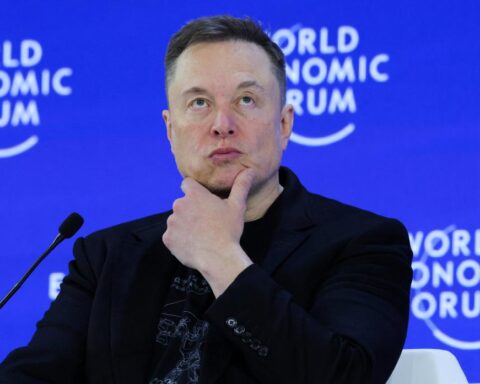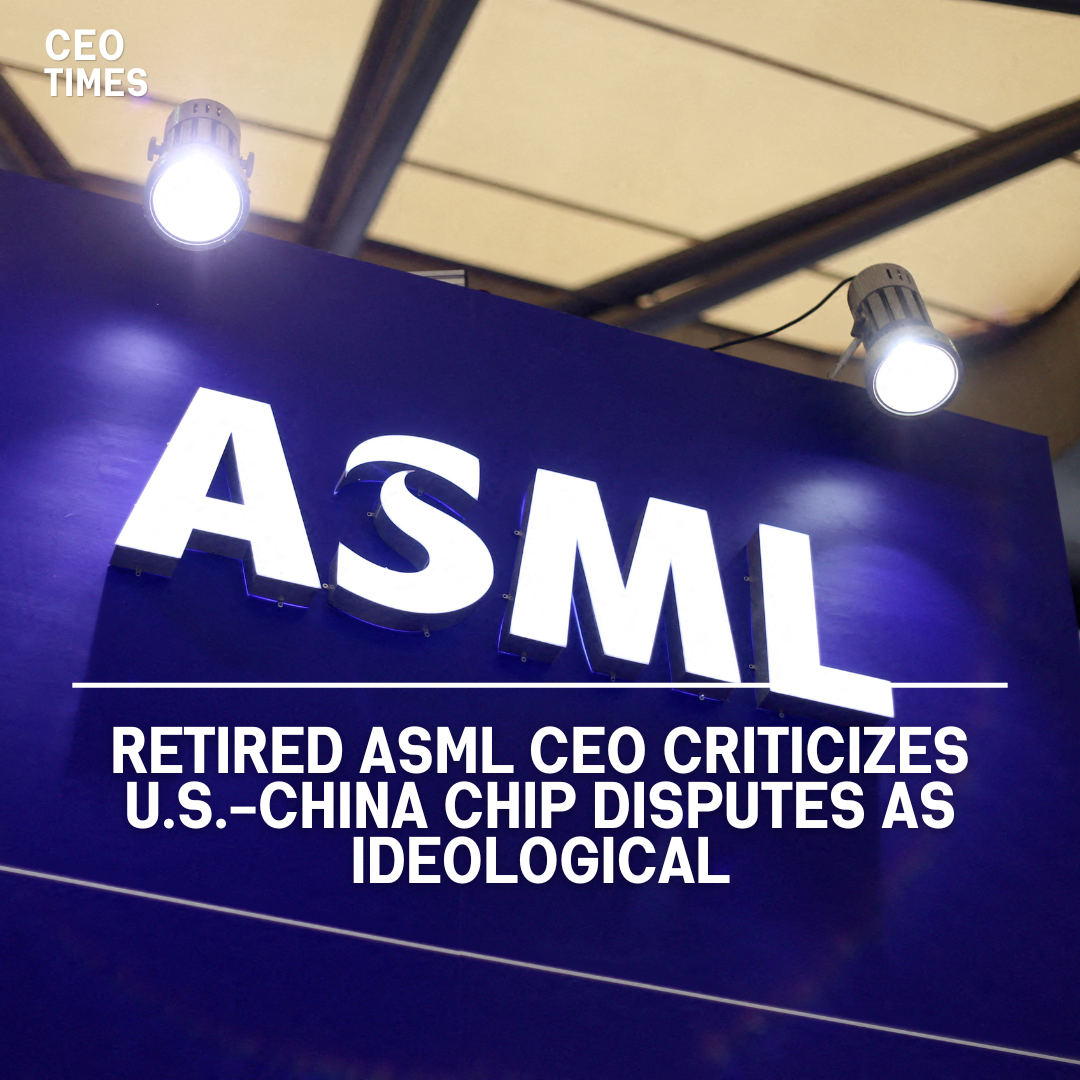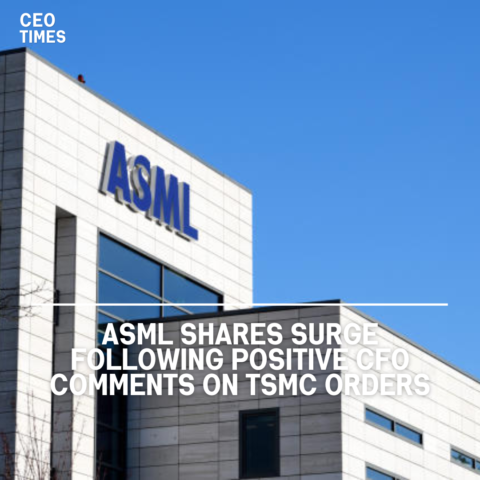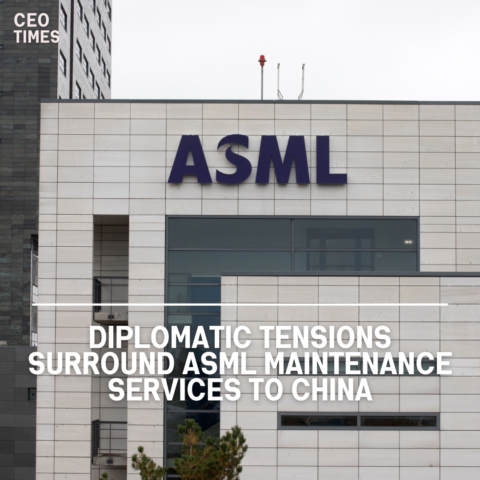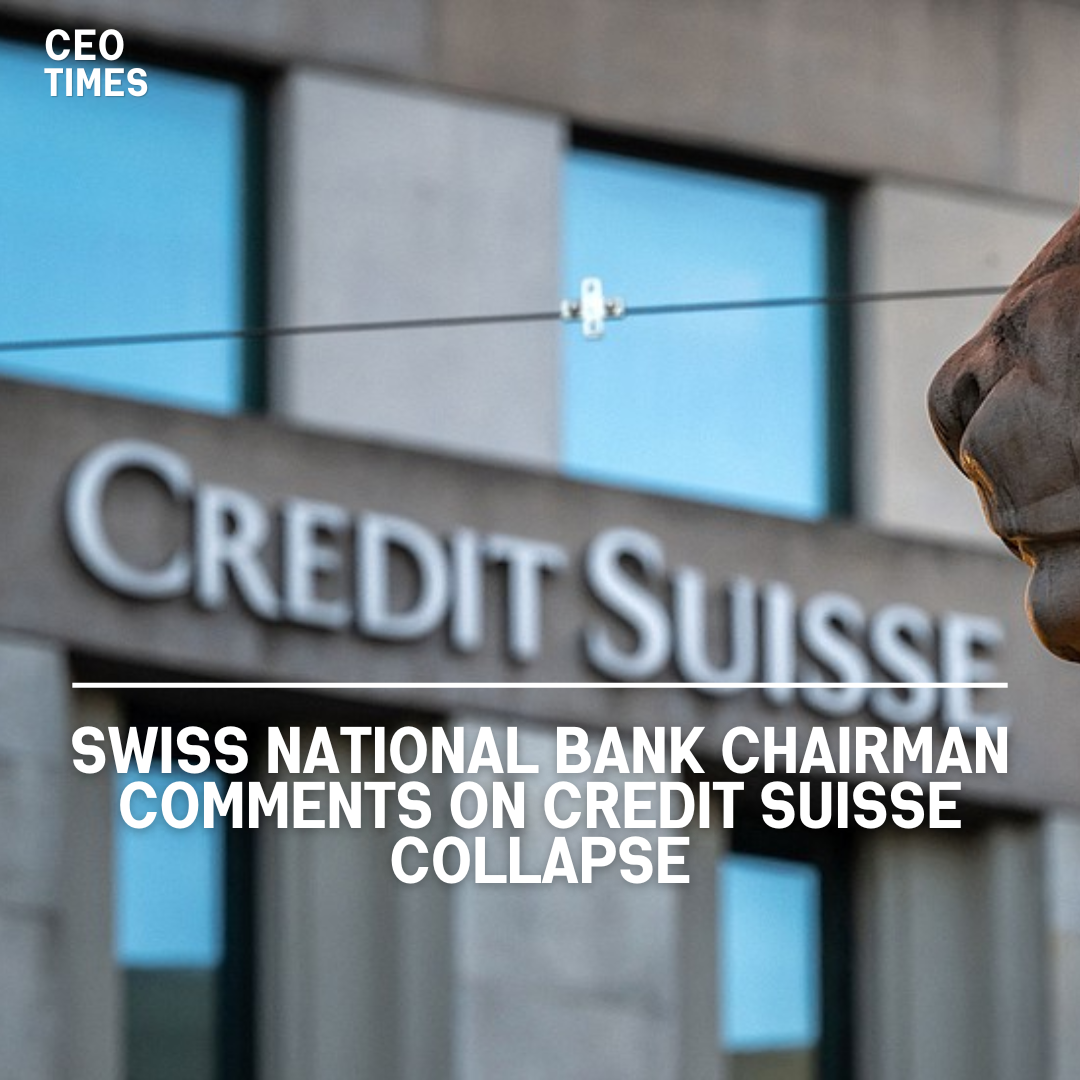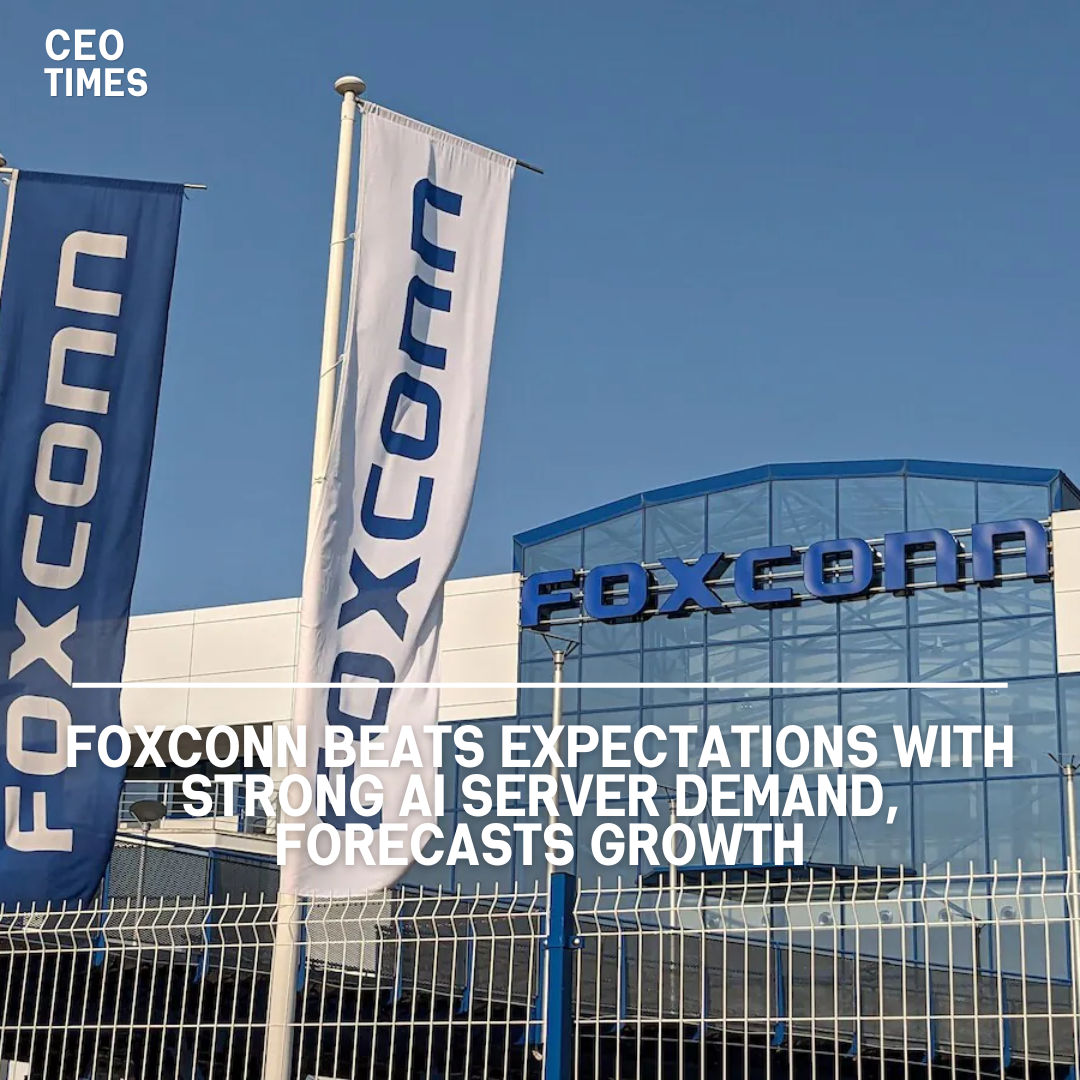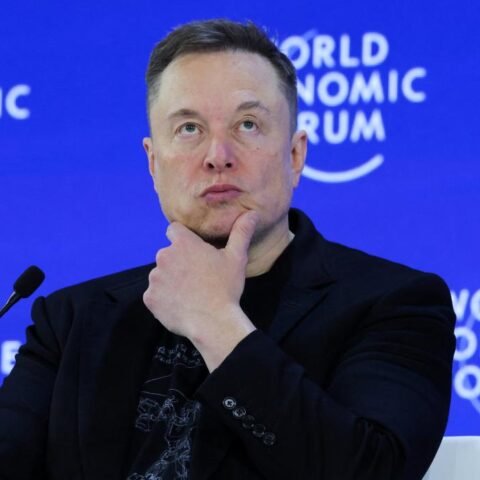Recently retired CEO of semiconductor equipment maker ASML, Peter Wennink, spoke out in an interview with Dutch radio station BNR, characterizing the ongoing disputes between the U.S. and China over computer chips as ideological rather than fact-based.
Background of Restrictions:
Wennink’s tenure, which lasted ten years until his retirement in April, saw ASML rise to become Europe’s largest technology firm.
However, since 2018, the U.S. has increasingly restricted ASML’s exports to China, citing security concerns. Recent measures even aim to prevent the servicing of equipment already sold to Chinese customers.
Critique of Ideological Basis:
Wennink criticized the basis of these disputes, noting they lack factual grounding and are driven by ideological considerations.
He emphasized the challenge of managing stakeholders’ interests amid ideological conflicts, which he believes can undermine business operations.
Long-term Outlook and Strategy:
Having dealt with customers and staff in China for three decades, Wennink stressed the company’s longstanding obligations and balanced approach. He acknowledged lobbying efforts to ease export restrictions while addressing concerns about intellectual property protection in China.
Wennink predicted a protracted conflict in the “chip war,” attributing it to entrenched geopolitical interests. He suggested that resolving these disputes could span decades due to their complex nature and wide-ranging implications.

